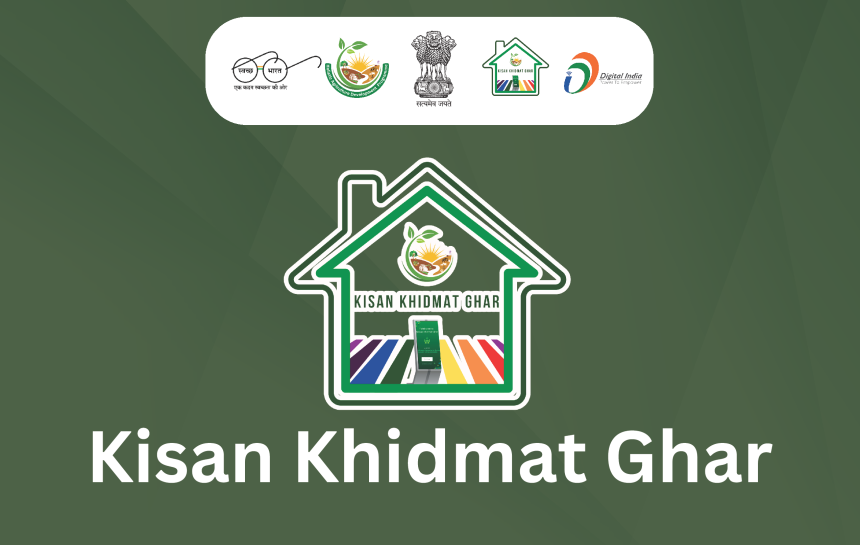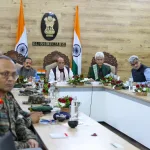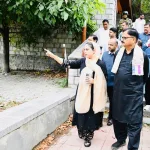Since independence, India’s agricultural extension system has faced significant challenges in strategic planning. The system struggles with serving a vast and diverse farming community, compounded by a complex structure and varied functions. Currently, the extension worker-to-farmer ratio is 1:1100, with each farmer receiving only one hour of contact annually. Key issues include inadequate base-level information, lack of real-time impact assessment, fragmented scheme operations, and poor coordination among extension agents, low public confidence, and insufficient connectivity. These challenges collectively hinder the bio-economic potential of the agricultural sector.
UT of Jammu & Kashmir, with its fertile lands and abundant water resources, is uniquely positioned to benefit from a robust and versatile extension system. The region’s diverse agro-climatic zones, shaped by geophysical and climatic variability, necessitate a tailored approach to agricultural extension. The SKUAST-K led innovative extension model incorporates technology-driven solutions, such as AI-based analysis and real-time interactions between farmers and field functionaries. This approach advocates a cluster model, leveraging regional climate and agro-ecology data to promote niche agriculture and align various development schemes with specific agro-climatic conditions. The goal is to achieve holistic development and foster a sustainable bio-economy.
The model advocates a bottom-up approach starting with the establishment of Panchayat-level ‘Kisan Khidmat Ghars’ (KKGs). These centres will be complemented by revitalised Block-level Extension Advisory Committees and Krishi Vigyan Kendras (KVKs) at the district level as Centers of Excellence in Agriculture Extension Services. Additionally, Business Orientation Centers at SKUAST-K and SKUAST-J will play a crucial role in planning and executing extension services. The integration of cyber extension, including AI&ML-driven agro-advisories and ICT-based communication systems, will further support real-time problem resolution.
Under this model, key interventions will focus on capacity building of professionals, skill development for youth to foster entrepreneurship and employment, and awareness programs to promote secondary agriculture. Public-private partnerships and a remodeled rural exploration program for students (Student Rural Internship) will intensify outreach efforts. Furthermore, research in extension will prioritize identifying technology and service gaps, assessing technology adoption, and evaluating impact.
A moment of pride and excitement to share that on Sunday August 4, 2024 the Hon’ble Lieutenant Governor of J&K UT Shri Manoj Sinha will be inaugurating 500 Kisan Khidmat Ghars during an impressive function (Kisan Unnati Sammelan 2024) to be held at SKUAST-K main campus Shalimar, and interact with the Krishi Udyamis selected to manage these centers.
Modeled after Andhra Pradesh’s ‘Rythu Bharosa Kendras,’ these KKGs aim to deliver seamless agricultural extension services at the Panchayat level. These will also create 2000 new jobs for youth in the first phase. This initiative reflects the dawn of a new, progressive and future-ready Jammu & Kashmir.
(The authors are faculty at SKUAST-K, Shalimar campus feedback: [email protected])








